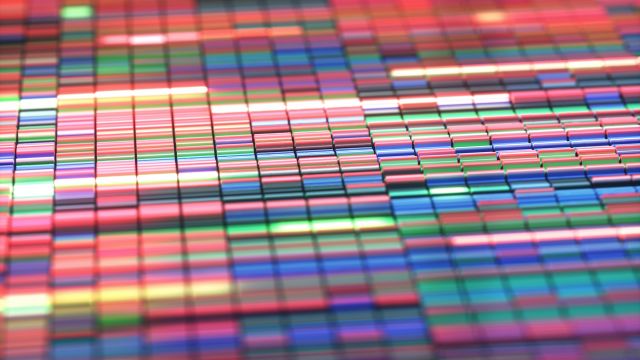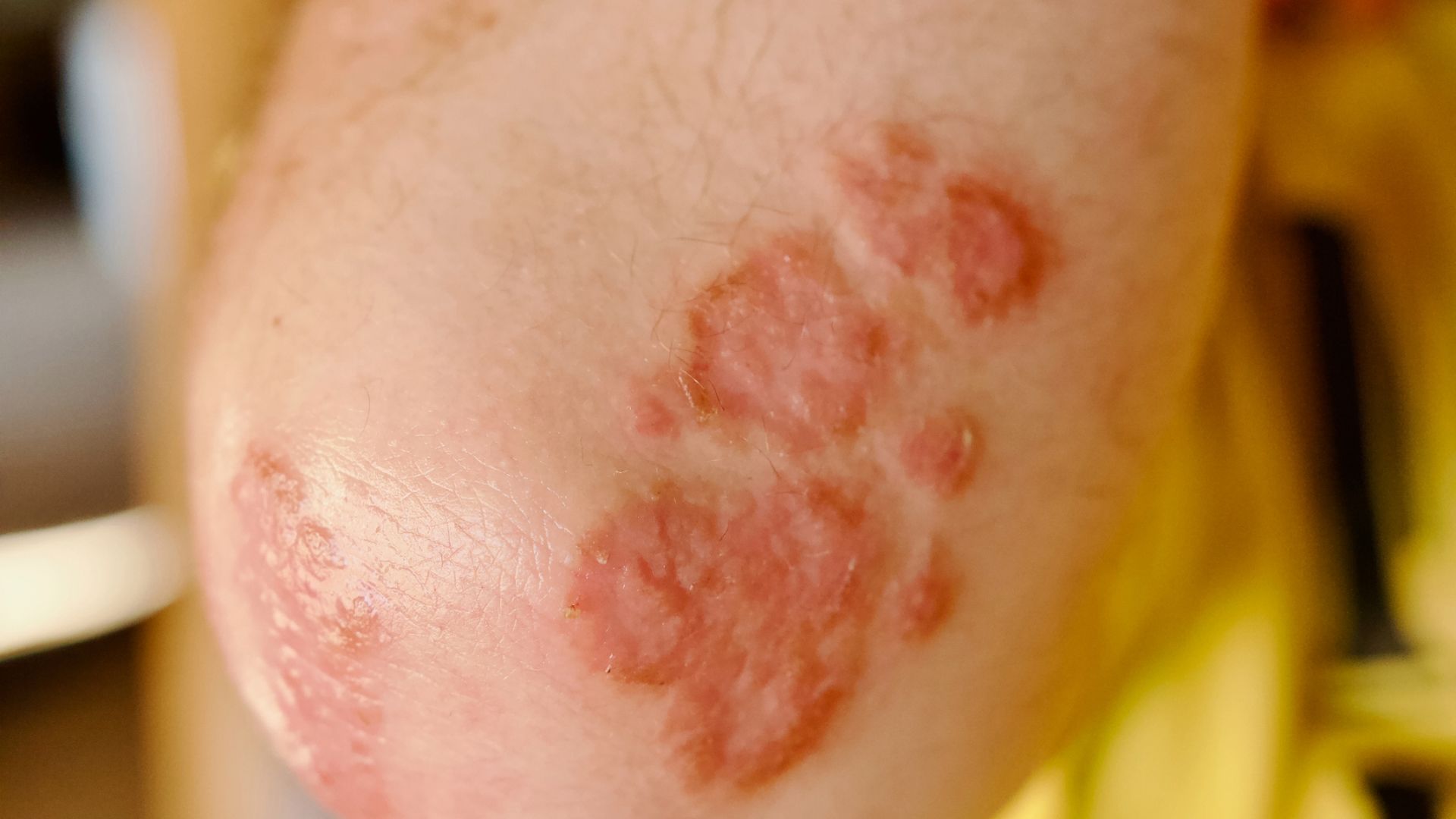If you have psoriasis, you will most likely spend some time wondering what exactly caused it. While the exact cause of psoriasis remains unknown, research suggests that psoriasis develops due to several factors. One of these factors is genetics.
According to a 2019 study published in the journal Precision Clinical Medicine, there are over 80 different genes that are linked to psoriasis. And it's well-established that the condition can be hereditary—a significant percentage of people with psoriasis have a family history of the condition.
Research suggests that psoriasis is caused by an interaction of multiple genes, but genes alone may not be enough to trigger the onset of psoriasis. The condition is usually triggered by an event that causes a change in the immune system. Triggering events can include injury to the skin, illness (such as strep infections), stressful life events, and certain medications—for example, beta-blockers, which help treat high cholesterol.
Genes linked to psoriasis
As mentioned above, there are many different genes that are associated with psoriasis. Some examples include:
- CARD14 gene. This gene provides instructions for making proteins that help regulate inflammatory and immune responses.
- IL23R gene. This gene provides the body with instructions on how to make interleukin 23, a protein that is a component of several different immune cells and helps the immune system direct these cells to foreign substances (such as disease-causing pathogens).
- HLA-C and HLA-B genes. These genes make proteins that help the body distinguish between invaders and the body’s own proteins.
These are just a few examples. There are many other genes that researchers have identified, and they can all lead to the onset of psoriasis in different ways.
How genetics are informing psoriasis treatment
The more researchers learn about the genetics of psoriasis, the more they can apply their findings to psoriasis treatment. For example, some biologic therapies for psoriasis work by targeting interleukins related to the IL23R gene.
Scientists identify genes related to psoriasis by first looking at gene expressions that are more common in people with psoriasis. After observing how a specific gene works in people without psoriasis, they look at how the gene works in people who do, and if it works differently. Eventually, the goal of this genetic research is to be able to create more effective treatments for psoriasis—or possibly even a cure.
Putting genes in perspective
In addition to wondering what caused psoriasis, it’s normal to wonder if you did anything to cause psoriasis. It’s important to know that you didn’t. While research suggests that psoriasis is caused by environmental and genetic factors, the exact cause of psoriasis remains unknown, and researchers are learning more about the condition every year.
And while you may not be able to control your genes, there are plenty of factors that you can control—such as a healthy lifestyle and staying consistent with treatment.






